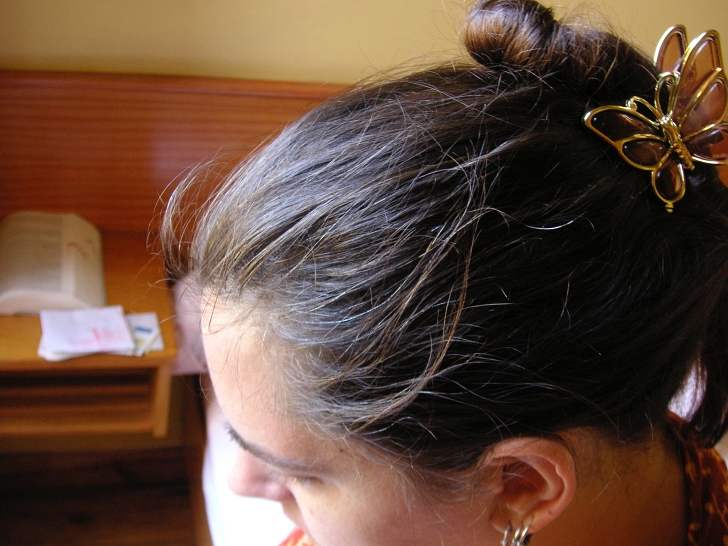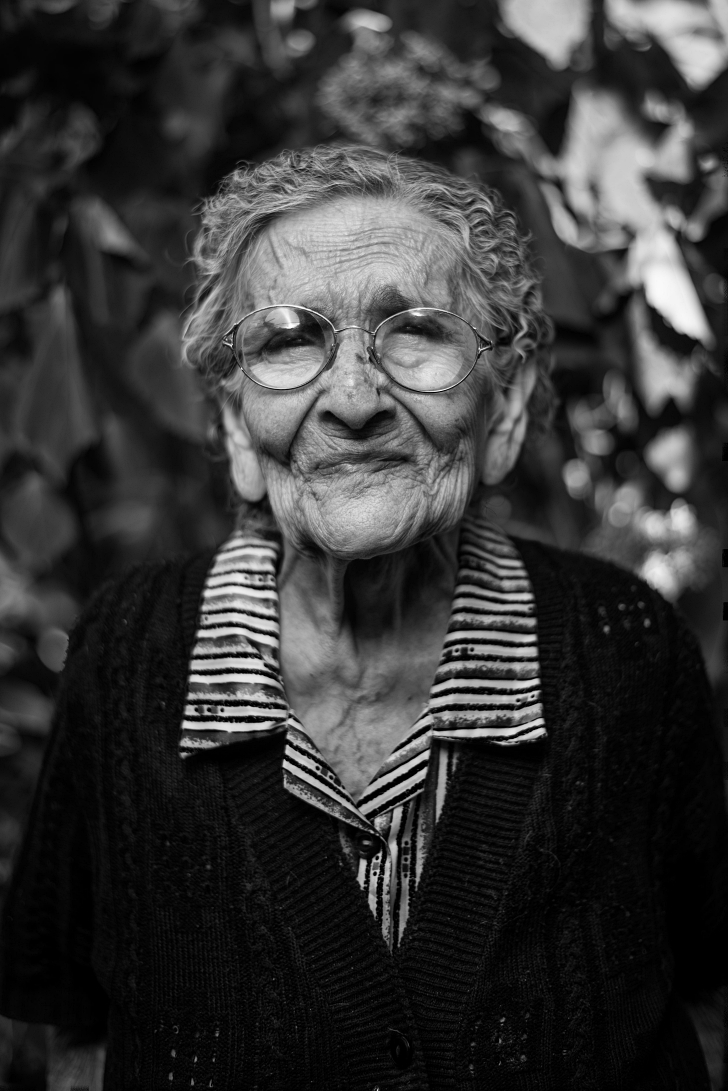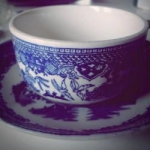The Truth Behind 5 Old Wives’ Tales About Aging
We’ve been hearing these adages since we were little.
We get a lot of conflicting advice about aging these days. It seems like there’s always some new study coming out about which foods help you to stay young or some new beauty treatment that we all know will probably offer limited success. But, going back further in time people had quite different views on growing old and even at what age one became “old”. There are a lot of adages and old wives’ tales that most of us grew up hearing a lot, but we’ve always wondered if they could actually be real. So here is the truth about 5 old wives’ tales on aging.

You’re Only As Young As You Feel

It might surprise you to discover that this saying is actually mostly true. While we cannot will ourselves to be 20 years younger, the people who stay active, grateful, and joyous about life into old age tend to have better overall health and better outcomes from adverse health events.
It turns out that daily practices like mindfulness, gratitude, and self-care can have measurable impacts on blood pressure, healing from injury, and can even alter telomeres, the “ends” of DNA strands that affect aging. There is also evidence that being treated as if one is younger can also increase measures of health and cognition, despite being of advanced age. All these data points show us that how you think of your age and of growing older can create positive changes in the body.
If You Pluck a Gray Hair 10 More Will Grow In Its Place

This is one I heard a lot starting in childhood. For a lot of women the solution to gray hair has been to color the hair, but for those with just a few strands it can be tempting to just pluck those pale hairs right out. It is false that if you do this 10 more will grow in its place, though. This old wives’ tale probably arose simply because once your hairs start turning gray they cannot turn back to their normal color and will probably only increase in number no matter what you do to try and stop or change the process.
If you do pluck gray hairs the end result may be that those hairs don’t grow back and over time this can make hair look thinner which doesn’t seem like a good compromise. A growing number of women are deciding to embrace their gray and silver locks these days and the results can be quite stunning, so we hope this trend continues!
Smiling Too Much (or Making Faces) Causes Wrinkles

This one has been around for ages and while your face won’t get stuck if you’re clowning around (oh how our teachers were wrong) there is some evidence that smiling and being expressive with one’s face can lead to wrinkles over a long period.
Personally I don’t mind smile and laugh lines because it shows a life well-lived. But, if you’re worried about wrinkles then 2 of the biggest ways to prevent more is to wear sunscreen and to wear sunglasses. The latter can keep you from squinting which is essentially another overly-expressive facial position that can be avoided without sacrificing even a smidgeon of joy.
An Apple a Day

The old saying goes, “An apple a day keeps the doctor away” and it was first recorded in 1913. The original English saying from the Victorian era went like this, “An apple before bed keeps the doctor from earning his bread”. But, is there any truth to this sentiment?
There’s nothing magical about apples per say, but they do contain nutrients, water, and fiber which can help stave off illnesses like constipation and scurvy. The same can be said of many other fruits as well, so a general rule of thumb is get your 3-5 servings of fruits and veggies everyday- it doesn’t have to be apples.
Reading or Watching TV in a Dim Room Will Ruin Your Eyesight

We’ve all probably heard this one a lot. From reading in a dim room to watching TV in the dark, there are lots of claims that this can damage your eyesight. But, according to WebMD the effects of using your eyes in the dark is only a temporary eye fatigue and occasionally dry eyes- neither of which cause permanent changes.
And, what about the stories you hear about lacemakers in the old days who went blind while working at night in rooms lit by only 1 candle? Well, there isn’t any evidence that any lacemakers actually went blind or had eyesight problems, although the lacemakers of yore could probably have used some eye drops for their tired eyes.
SKM: below-content placeholderWhizzco for DOT

